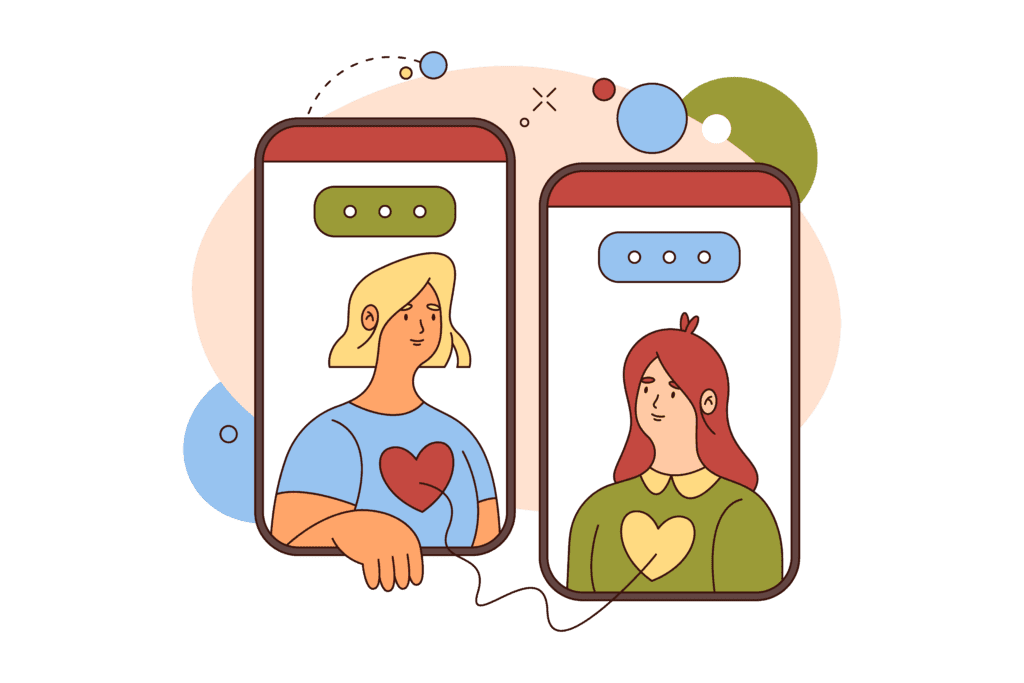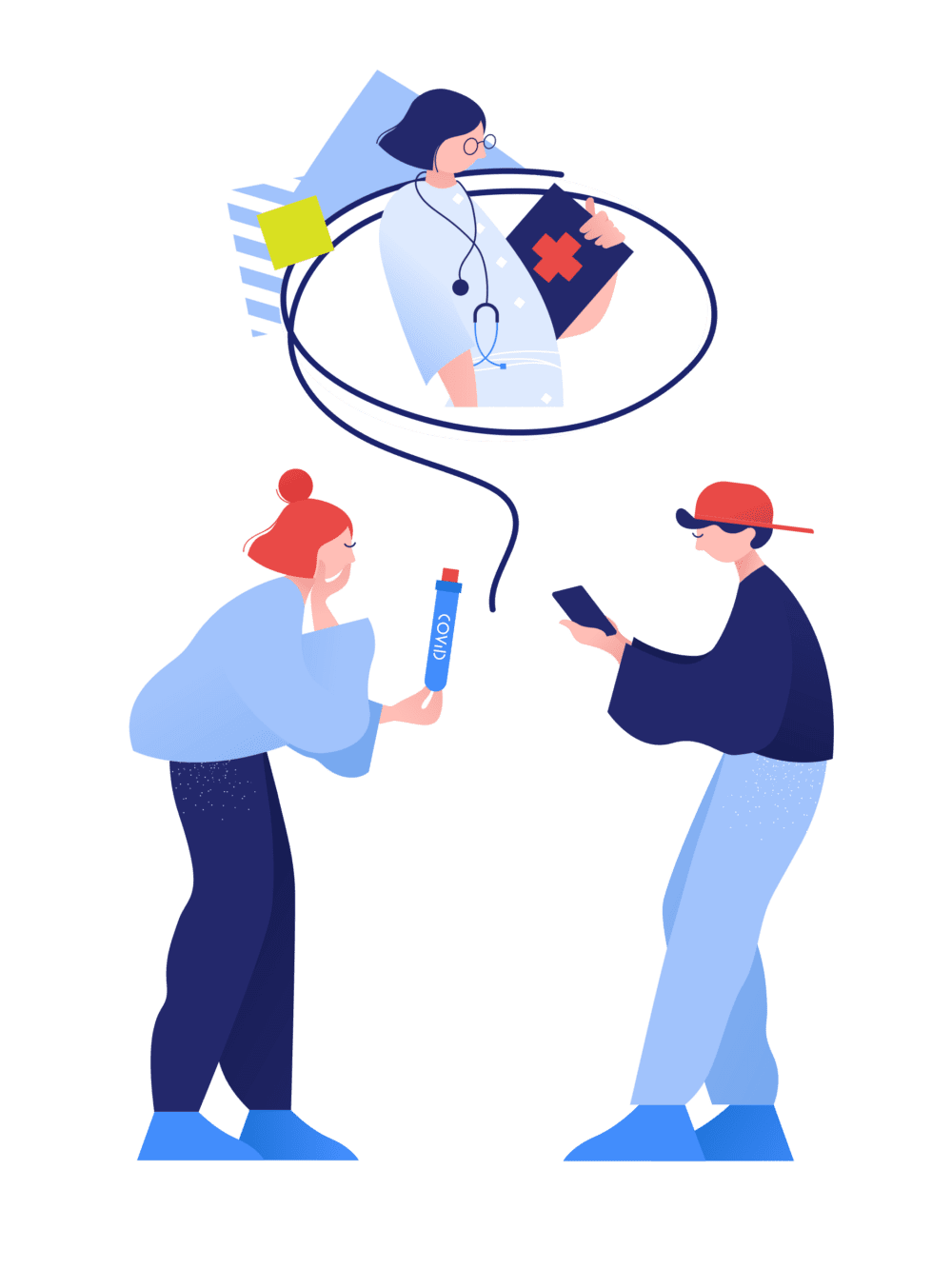Seeking advice and support for mental health concerns has become increasingly common online. While the internet offers a vast pool of information and resources, it is crucial to recognize the dangers associated with relying solely on online mental health advice. One of the significant pitfalls is the lack of context that often accompanies such guidance, potentially leading individuals down a path of misinformation and inadequate support.
The Allure of Online Mental Health Advice
The appeal of online mental health advice lies in its accessibility and anonymity. Users can find a plethora of articles, forums, and social media such as Instagram, Facebook, groups where individuals share their experiences and offer advice on coping with various mental health challenges. However, the ease of access does not guarantee the accuracy or appropriateness of the information provided.
The Lack of Professional Expertise
One of the primary concerns with online mental health advice is the absence of professional expertise. While many well-intentioned individuals share their personal experiences, these anecdotes may not be applicable to everyone. Mental health is a complex and highly individualized matter, and what works for one person may not work for another.
Moreover, the internet is rife with self-proclaimed experts who lack the necessary credentials to provide accurate guidance. Relying on advice from unqualified sources can lead to misguided interventions, potentially exacerbating existing mental health issues.
The Oversimplification of Complex Issues
Online platforms often encourage brevity, leading to oversimplified explanations of complex mental health issues. Mental health is multifaceted, and oversimplifying conditions can contribute to misunderstanding and stigma. Quick-fix solutions and one-size-fits-all recommendations may do more harm than good, as they fail to address the nuances of individual experiences.
Context Matters
Context is paramount when discussing mental health, and online platforms may lack the necessary depth to provide it. Personal anecdotes and advice shared online rarely include the comprehensive background information that mental health professionals consider when providing support. This lack of context can lead to misguided advice that may not be suitable for a particular individual’s circumstances.
The Importance of Professional Guidance
While online communities can provide valuable support and validation, they should not replace professional mental health guidance. Trained professionals, such as psychologists, psychiatrists, and therapists, possess the expertise to assess, diagnose, and develop tailored treatment plans based on an individual’s unique needs.
Conclusion
Online mental health advice can be a valuable supplement to traditional support systems, but it should not be a sole source of guidance. The dangers lie in the lack of context, professional expertise, and the oversimplification of complex issues. Individuals seeking support for mental health concerns should prioritize seeking guidance from qualified professionals who can provide comprehensive, evidence-based care. As we navigate the digital landscape, it is crucial to approach online mental health advice with caution, recognizing its limitations and understanding the importance of a well-rounded, context-rich approach to mental well-being.
A Guide to Discerning Validity in Online Mental Health Information
In a world where information flows freely on the internet, distinguishing between credible and unreliable mental health advice is paramount. With the rise of online platforms as sources of guidance, it becomes crucial to develop skills in recognizing valid information. This guide aims to empower individuals to navigate the vast sea of online content effectively and identify information that aligns with sound mental health practices.
Check the Source
Begin by examining the source of the information. Look for reputable websites, established mental health organizations, or content produced by licensed professionals. Trusted sources often provide evidence-based information and adhere to ethical guidelines.
Credentials Matter
Valid information often comes from qualified experts. Verify the credentials of the author or organization providing mental health advice. Licensed psychologists, psychiatrists, therapists, or reputable mental health institutions are more likely to offer reliable guidance.
Peer-Reviewed Content
Look for articles and resources that have undergone peer review. Peer-reviewed content has been scrutinized by experts in the field, ensuring its accuracy and reliability. Journals, academic publications, and reputable websites often feature peer-reviewed content.
Evidence-Based Information
Valid mental health information is grounded in scientific research and evidence. Reliable sources will cite studies, reference established therapeutic approaches, and base their advice on a solid foundation of empirical evidence.
Beware of Oversimplification
Be cautious of information that oversimplifies complex mental health issues. Genuine mental health advice acknowledges the complexity of conditions and does not offer quick-fix solutions. Look for content that encourages comprehensive understanding and individualized approaches.

Consider Multiple Perspectives:
Valid mental health information recognizes that experiences vary. Seek out diverse perspectives and be wary of advice that claims a one-size-fits-all solution. Respectful discussions that acknowledge different experiences contribute to a more nuanced understanding of mental health.
Consult Multiple Sources
Cross-reference information from various sources to ensure its consistency and reliability. If multiple reputable sources corroborate the same information, it is more likely to be accurate. Conversely, if advice contradicts widely accepted knowledge, approach it with skepticism.
Look for Transparency
Trustworthy sources are transparent about their intentions, methods, and any potential conflicts of interest. Check for clear disclosure of affiliations, funding sources, or any potential biases that may influence the information provided.
Check for Timeliness
In the rapidly evolving field of mental health, information can become outdated. Ensure that the content is recent and reflects current understanding and practices. Reputable sources often update their information to align with the latest research and developments.
Trust Your Instincts
Ultimately, trust your instincts. If something feels off or too good to be true, it might be worth investigating further. Valid mental health information aligns with a thoughtful, empathetic, and holistic understanding of mental well-being.
Conclusion
As we navigate the digital landscape for mental health advice, developing the ability to discern valid information is crucial. By checking sources, credentials, evidence, and being mindful of oversimplification, individuals can empower themselves to make informed decisions about their mental well-being. Remember, seeking guidance from licensed professionals and reputable sources ensures a more reliable path towards mental health support.
Ready to begin? Start your online therapy journey today. Book your first session now.




